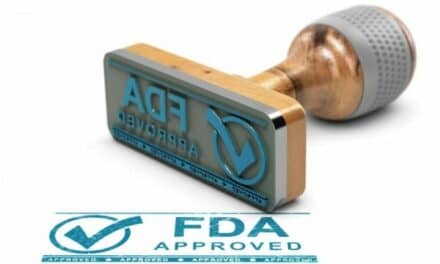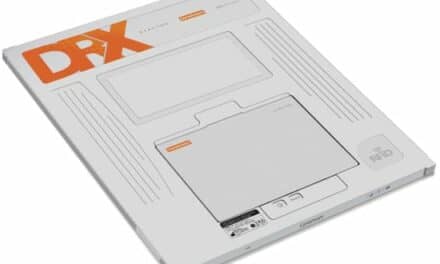The U.S. FDA announced that it has awarded five grants totaling up to $6 million per year over the next five years to Pediatric Device Consortia (PDC) across the country that will provide advice and support services to innovators of children’s medical devices. The program aims to enhance the development, production, and distribution of pediatric medical devices and has awarded $37 million to various consortia since 2009.
The PDC grant recipients and their principal investigators for 2018 are the following:
- Philadelphia Pediatric Medical Device Consortium, Matthew Maltese, PhD
- National Capital Consortium for Pediatric Device Innovation 2.0, Kolaleh Eskandanian, PhD, MBA
- Southwest National Pediatric Device Consortium, Chester Koh, MD
- University of California San Francisco-Stanford Pediatric Device Consortium, Michael Harrison, MD
- West Coast Consortium for Technology and Innovation in Pediatrics, Juan Espinoza, MD
“We recognize the unique health needs of children, and we’re committed to advancing new policies to encourage the development of safe, effective medical devices designed specifically for pediatric patients,” says FDA Commissioner Scott Gottlieb, MD.
Of the estimated $6 million granted this year, approximately $1 million will be used for the Real World Evidence (RWE) Demonstration Project, in which three of the consortia will conduct RWE projects in the pediatric space that develop, verify, and operationalize methods of evidence generation, data use and scalability across device types, manufacturers and the health care system. The FDA intends to use the information gathered through this initiative to further efforts to incorporate RWE into the agency’s work.
Legislation passed by Congress in 2007 established funding to be distributed as grants for nonprofit consortia to help stimulate projects to promote the development and availability of pediatric medical devices. This legislation was re-authorized as part of the FDA Safety and Innovation Act of 2012 and again in the FDA Reauthorization Act of 2017 to run through fiscal year 2022.
The PDC Grants Program was launched in 2009, and this is the fourth time the FDA has awarded grants. Each group’s grant runs for five consecutive years. Funding for fiscal year 2018 is approximately $1 million to $1.35 million per consortium. Support for the four additional years will be contingent upon annual appropriations, availability of funding and satisfactory awardee performance.
The consortia have assisted or advised more than 1,000 medical device projects since the program began. There are now 19 pediatric medical devices available to patients as a result of this grants program, including a needle-free blood collection device that attaches to peripheral IV systems for use as a direct blood draw device; a surgical vessel sealing system for use in open and laparoscopic general surgical procedures to seal blood vessels and vascular bundles and a rapid infusion device that delivers fluids to a patient’s vascular system.
“Each of the consortia will coordinate projects with the FDA, medical device companies, and the National Institutes of Health’s Eunice Kennedy Shriver National Institute of Child Health and Human Development to facilitate research and any necessary applications for device approval or clearance.” says Debra Lewis, O.D., acting director of the FDA’s Office of Orphan Products Development.





